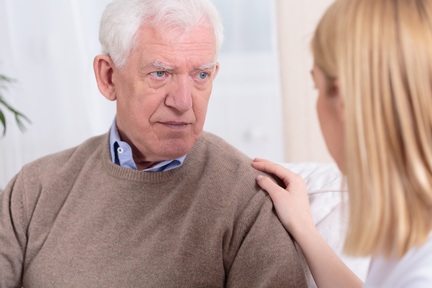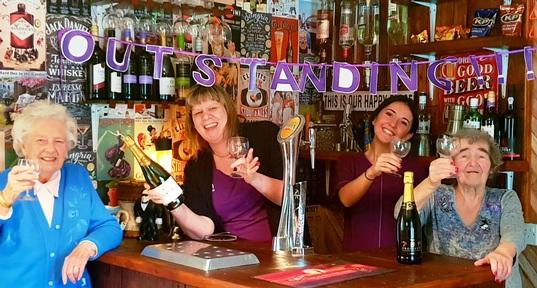Scientists discover 'game-changing' therapy to reverse Parkinson's symptoms
To mark World Parkinson’s Awareness Day, new research suggests that for the first time it may be possible to reprogramme cells inside the brain to reverse the symptoms of Parkinson's.

Scientists have discovered a way to change cells into active dopamine neurons that can partially restore motor function in a mouse model of Parkinson’s.
David Dexter, Parkinson's UK deputy director of research, said: "Replacing the cells that are lost in Parkinson's is a possible way to reverse its symptoms and could one day be a cure for the condition.
"However, the location of the new cells created through this process could make it difficult to control the delivery of dopamine to the brain. Further development of this technique is now needed, so it encourages dopamine to be produced and released in a controlled manner, like the original brain cells.
Viable therapy
"If successful, it would turn this approach into a viable therapy that could improve the lives of people with Parkinson's and, ultimately, lead to the cure that millions are waiting for."
Scientists applied a cocktail of small molecules to a sample of human brain cells, which were reprogrammed to closely match dopamine-producing neurons.
The tests in mice with Parkinson-like symptoms showed that the therapy appeared to change their brain cells and lessen their Parkinson's symptoms.
Although the research is hugely promising, experts say it is at an early stage and more studies are needed before similar tests can begin in people.
Parkinson's disease affects one in 500 people in the UK and is caused by the loss of dopamine producing brain cells. Dopamine is used to help the brain communicate messages about movement, but a loss of cells can cause debilitating symptoms, such as tremor and difficulty in walking and moving.
Dr Patrick Lewis, an expert in neuroscience at the University of Reading, said that while this study could potentially offer a "game-changing" therapy for Parkinson's, "moving from this study to doing the same in humans will be a huge challenge."
We Won’t Wait campaign
On 10 April, Parkinson’s UK launched the ‘We Won't Wait’ campaign after research found a lack of awareness of the challenges people with Parkinson's face.
Despite being an incurable, degenerative condition, half of people wrongly say it is possible to prevent Parkinson's and three in five wrongly believe that Parkinson's medication does more than mask or ease the symptoms of the condition.
Parkinson's UK is urging people to make a video about their Parkinson's story and spread the word on social media by using the hashtag #WeWontWait.
Steve Ford, chief executive at Parkinson's UK, said: "Parkinson's can leave people struggling to walk, talk and sleep. Today, we say we won't wait any longer.
"That's why Parkinson's UK is spearheading, with the expertise of the research community and the support of those living with Parkinson's, the step change needed to deliver better treatments and a faster cure.
"But we can't do this alone. That's why we're urgently asking people to donate in our first ever public fundraising campaign, whatever they can to support our vital work. We won't tolerate Parkinson's treatments falling behind."
The study is published in the journal Nature Biotechnology.
Latest Innovative Care News
 13-May-19
'Pink drink' brain cancer treatment rolled out across NHS in memory of Baroness Jowell
13-May-19
'Pink drink' brain cancer treatment rolled out across NHS in memory of Baroness Jowell
 25-Apr-19
Louis Tomlinson helps 83-year-old who lost wife to dementia complete bucket list
25-Apr-19
Louis Tomlinson helps 83-year-old who lost wife to dementia complete bucket list
 22-Mar-19
UK's top care home handyman takes residents to pub for pie and pint
22-Mar-19
UK's top care home handyman takes residents to pub for pie and pint
 12-Feb-19
Michael McIntyre's jokes tested to see if they stop elderly catching flu
12-Feb-19
Michael McIntyre's jokes tested to see if they stop elderly catching flu
 07-Jan-19
'We were lucky to find it': Family's delight as care home is rated Outstanding
07-Jan-19
'We were lucky to find it': Family's delight as care home is rated Outstanding